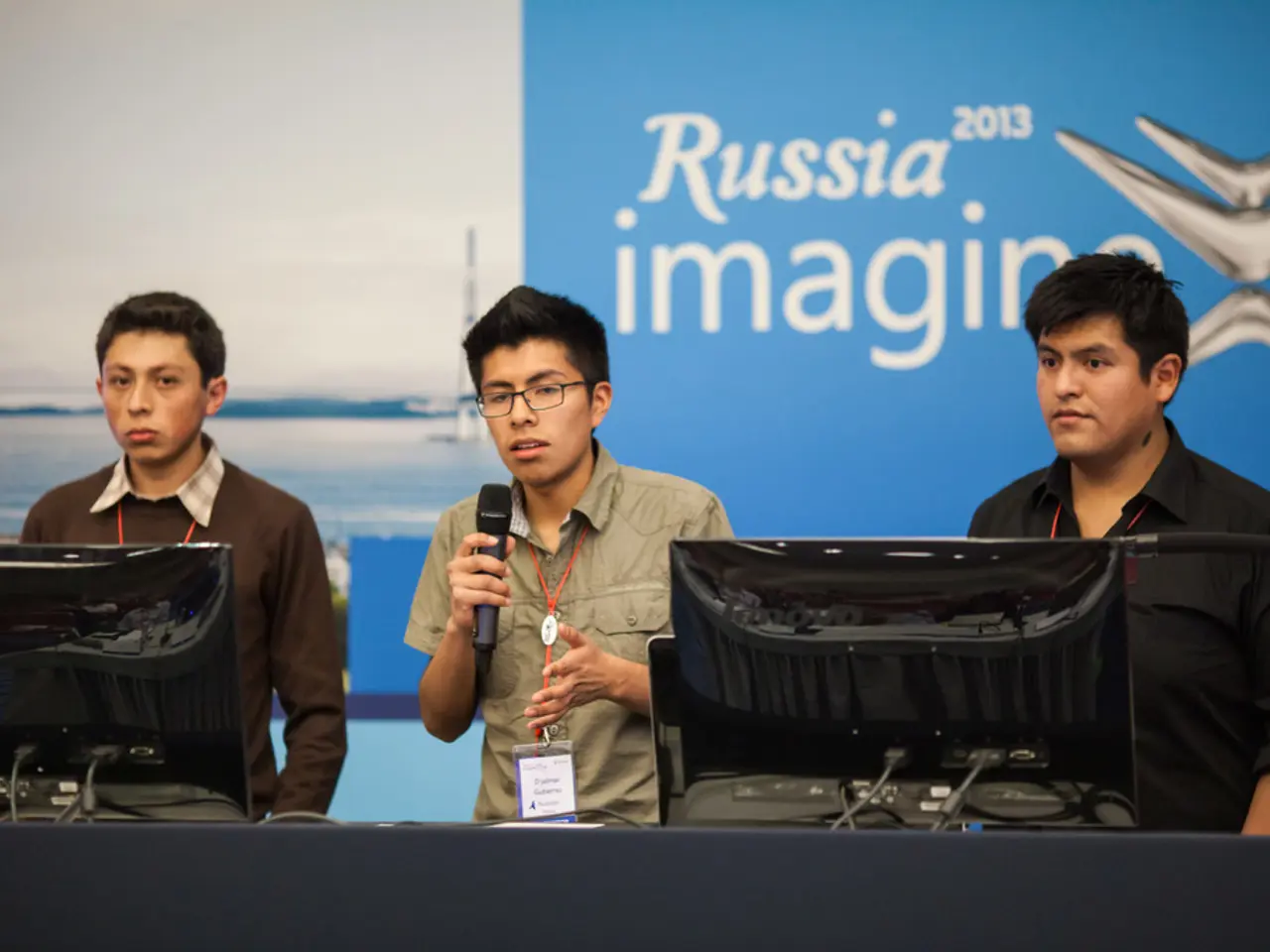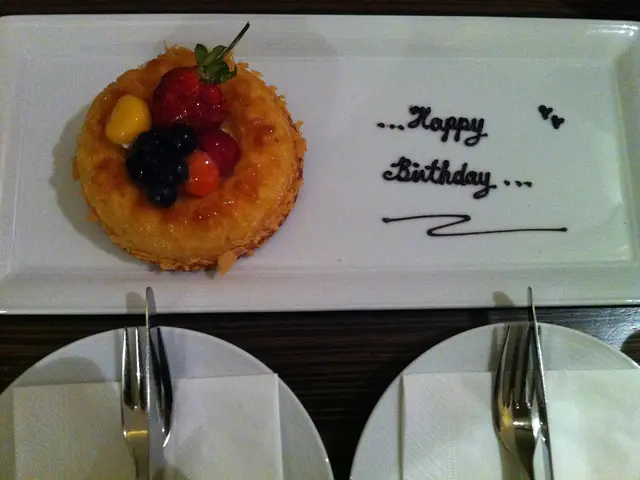Are German youth fond of explosives?
In the latest issue of FUTURZWEI N°34, titled "Numbers of Horror", Harald Welzer delves into the nuclear question and national security, a topic that has sparked heated debates across Germany.
The article references Kubrick's "Dr. Strangelove" as a comedy from a bygone era, as the reality of nuclear weapons is far from amusing. The discussion revolves around the role of nuclear weapons in Germany's security policy, with various perspectives coming to light.
One such perspective belongs to Leo, a friend who served in the military and works for the Bundeswehr. Leo views resources for nuclear weapons development as better spent on conventional rearmament, considering the development of nuclear weapons as pointless.
On the other hand, a significant portion of the population, including a majority of AfD voters, are vehemently against the idea of a German atomic bomb. A nationwide representative survey revealed that a whopping three-quarters of the population are against it.
However, a surprising finding emerges when we look at the opinions of the younger generation. A study shows that 54 percent of 18- to 24-year-olds think Germany should possess nuclear weapons. This shift in perception is a concerning development, given the potential consequences of such a decision.
Jens Spahn, a prominent political figure, has advocated for Germany participating financially in the modernization of French and British nuclear arsenals to gain partial access to their nuclear weapons. He argues for a European deterrence under German leadership rather than Germany developing its own nuclear weapons program.
The article also touches upon the existence of nuclear sharing, the French and British nuclear capabilities within the EU, as alternatives to a German nuclear weapons program.
The debate about nuclear power is not a new one, with historical events such as Chernobyl, Hiroshima, the atomic arms race, nuclear tests in the Pacific, and the permanent atomic threat in divided Germany until the end of the 1980s serving as stark reminders of the devastating impact of nuclear weapons.
Interestingly, nuclear bombs are only briefly mentioned in history class, with the focus primarily on the historical events they triggered. This raises questions about the level of awareness and education about nuclear weapons among the general population.
In a concerning turn of events, a friend expresses a hope for a nuclear war, stating it would end quicker. This sentiment underscores the need for continued dialogue and education about the realities of nuclear weapons and their potential consequences.
The article concludes by highlighting the contributions from several renowned figures, including Matthias Brandt, Dana Giesecke, Maja Göpel, Wolf Lotter, Armin Nassehi, Sönke Neitzel, Katja Salamo, and Harald Welzer himself, who have all lent their voices to this important discussion.
For those interested in delving deeper into this topic, the latest issue of FUTURZWEI N°34 is available in the shop. The debate about nuclear weapons and national security is far from over, and it is crucial that we continue to engage in open and informed discussions about this critical issue.
Read also:
- Cheese consumption leads to fatalities for two individuals.
- AI's looming shadow on Mexican small-scale enterprises: how purpose-driven communities can offer salvation
- Impact of Candle Use on Health and Selecting Safer Candle Options
- Latest Updates in Autonomous Vehicle Sphere: Qualcomm, BMW, Waymo, Carteav, AEye, Flasheye, Pony.ai, Mowasalat, Valeo, Momenta, and NHTSA under the spotlight








